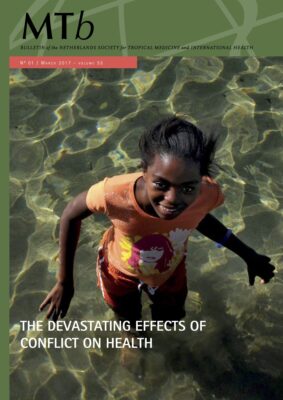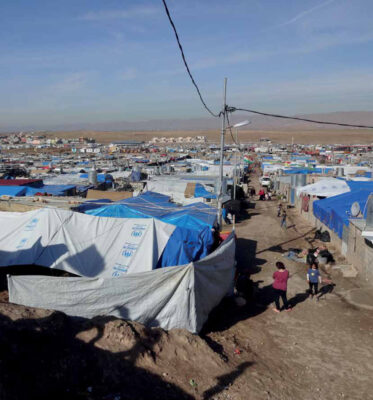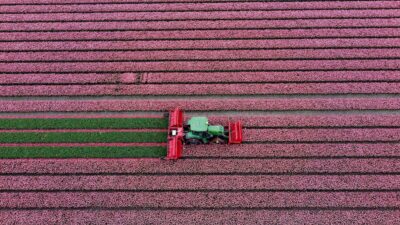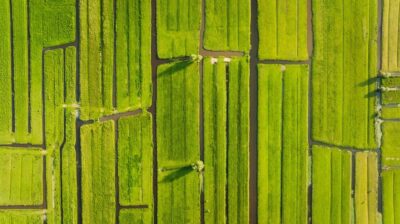
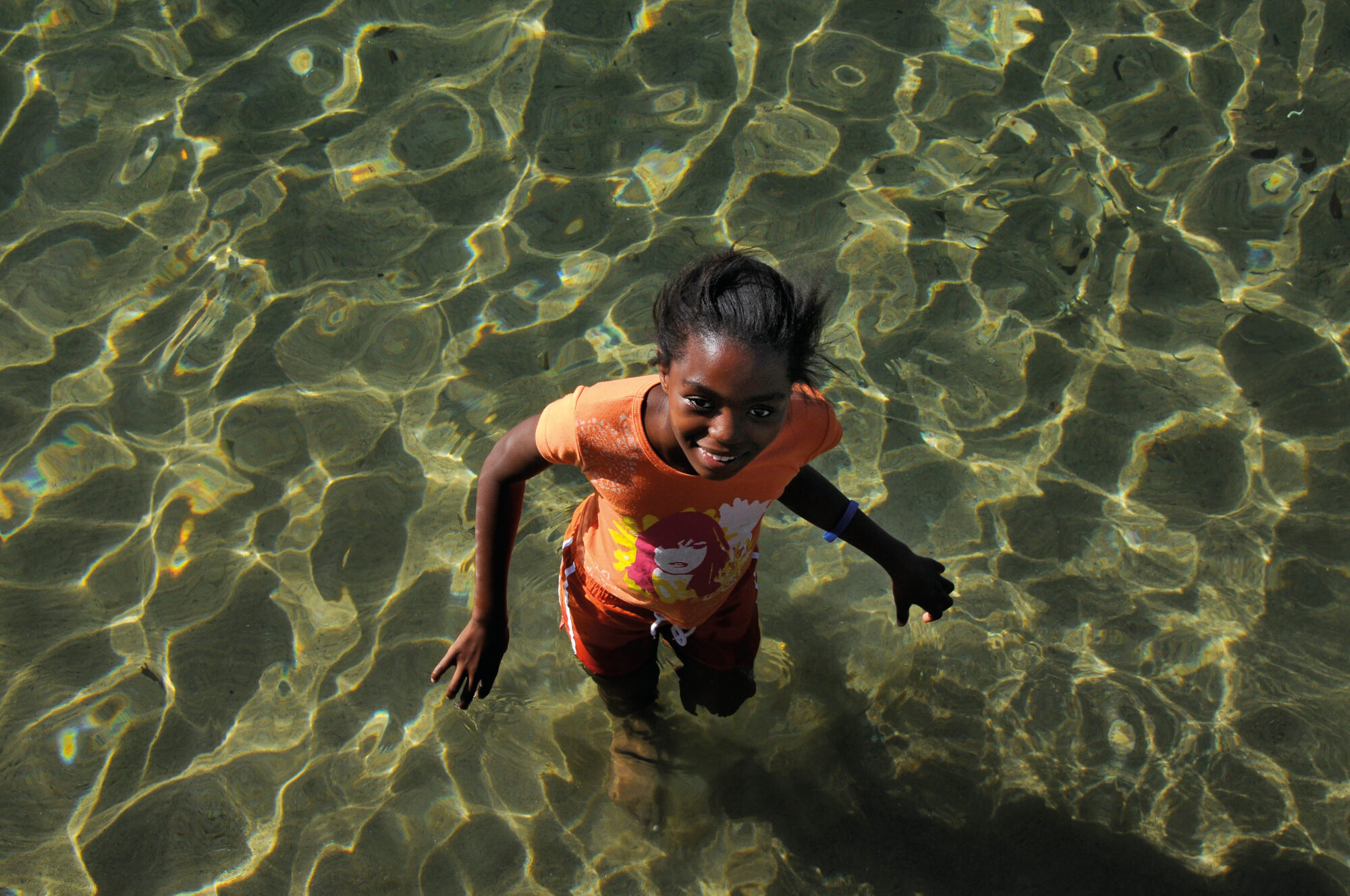
Warfare and conflicts have changed dramatically from conventional forms to more diffuse types of conflicts, with a proliferation of actors who distinguish themselves by their ideologies rather than geographic boundaries. According to the annual Munich Security Report, the Western world order is at risk of being overhauled, as we are entering a post-Western era. (1) Parliaments in Europe consider boosting defence spending. Millions of people are fleeing their countries in search of safer grounds. Defence and development organisations increasingly coordinate their actions, such as providing medical assistance to people in conflict...
Warfare and conflicts have changed dramatically from conventional forms to more diffuse types of conflicts, with a proliferation of actors who distinguish themselves by their ideologies rather than geographic boundaries. According to the annual Munich Security Report, the Western world order is at risk of being overhauled, as we are entering a post-Western era. (1) Parliaments in Europe consider boosting defence spending. Millions of people are fleeing their countries in search of safer grounds. Defence and development organisations increasingly coordinate their actions, such as providing medical assistance to people in conflict situations or migrants. Medical staff in humanitarian aid operations themselves are becoming a target. Aloudat and Abu-Sa’Da argue that, in view of these changes, medical humanitarian assistance will have to redefine its contours. This requires a better understanding and debate of the realities of humanitarian emergencies, including the future of medical humanitarianism. This edition of MTb focuses on some of these issues and their impact on the health of populations and of health workers within the context of humanitarian medical aid. In 2008 the NVTG and MSF organized the conference ‘Health Care in conflict: the boundaries of Health interventions’. In his keynote ‘When conflict is over’ Egbert Sondorp talked about postconflict reality on the ground. In this MTb, he again addresses post-conflict situations, in particular the transition phase in which the state gradually reinstates itself and societies try to chart a path towards societal recovery. Local health systems need to be rebuilt with a view on restoring the routine delivery of quality services, and this often presents a bigger challenge than providing emergency care during times of conflict. In view of the growing recognition of the links between political, military, social, and economic issues, the Dutch Ministry of Foreign Affairs embraced the ‘3D security framework’. This trinity of Development, Diplomacy and Defence is a comprehensive approach implying cooperation between diplomats, military, humanitarian organisations and local populations. The aim is to collaborate in ending the conflict, bringing peace, reducing threats, and putting new civilian systems in place. Van Thiel and Stijnis highlight what is required from medical staff in such peacekeeping missions and outline the contours of a training programme for Dutch military doctors and nurses. An interview with a military nurse illustrates how this knowledge is used in the daily practices of (preparing for) working in ‘the frontline’. There is a worrying recent trend of systematic and deliberate targeting of medical facilities and personnel in conflict settings. The bombings of the MSF clinics in Afghanistan in 2015 and more recently in Syria are examples of such cruelty. Bach Baouab argues for the active involvement of doctors and medical associations within their own societies in demanding accountability and respect for the basic laws of war in order to protect healthcare providers and services in conflict zones. Lessons from the past may serve us in the present. Historian Van Bergen describes a period of violent resistance by the local population in Aceh against the Dutch colonizers in the Dutch East Indies at the beginning of the 20th century. The acts of resistance were framed in different ways, one of which was linking the attacks to the history of leprosy in the region. The article clarifies these differing perspectives and provides some thought-provoking insights – an interesting way to link past and present in a year in which the NVTG celebrates its 110th anniversary.
Esther Jurgens
Jan Auke Dijkstra
















































